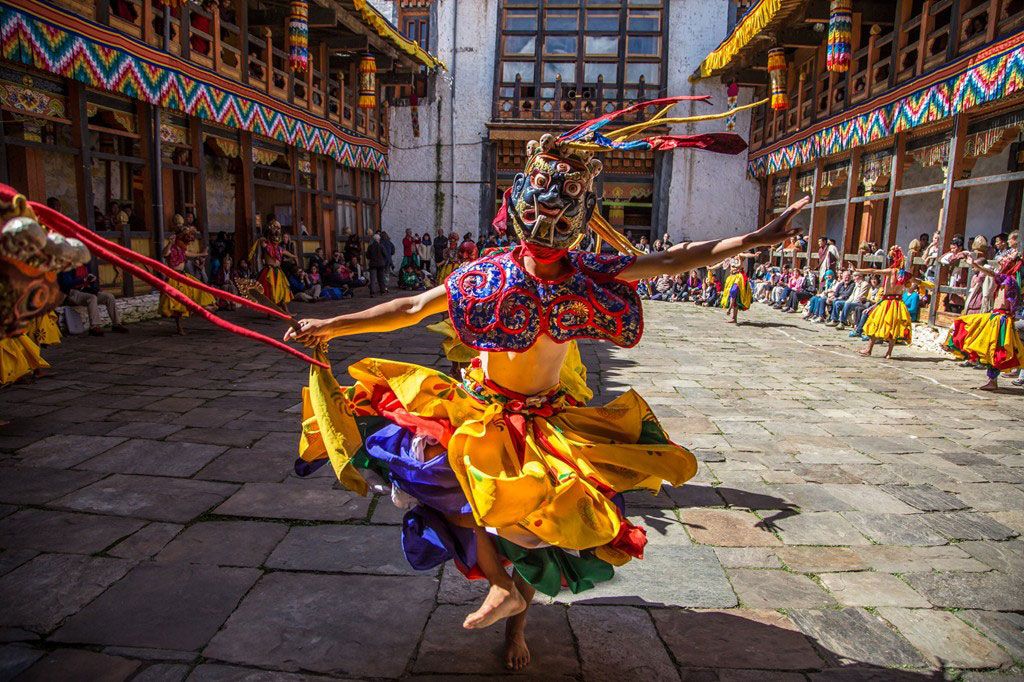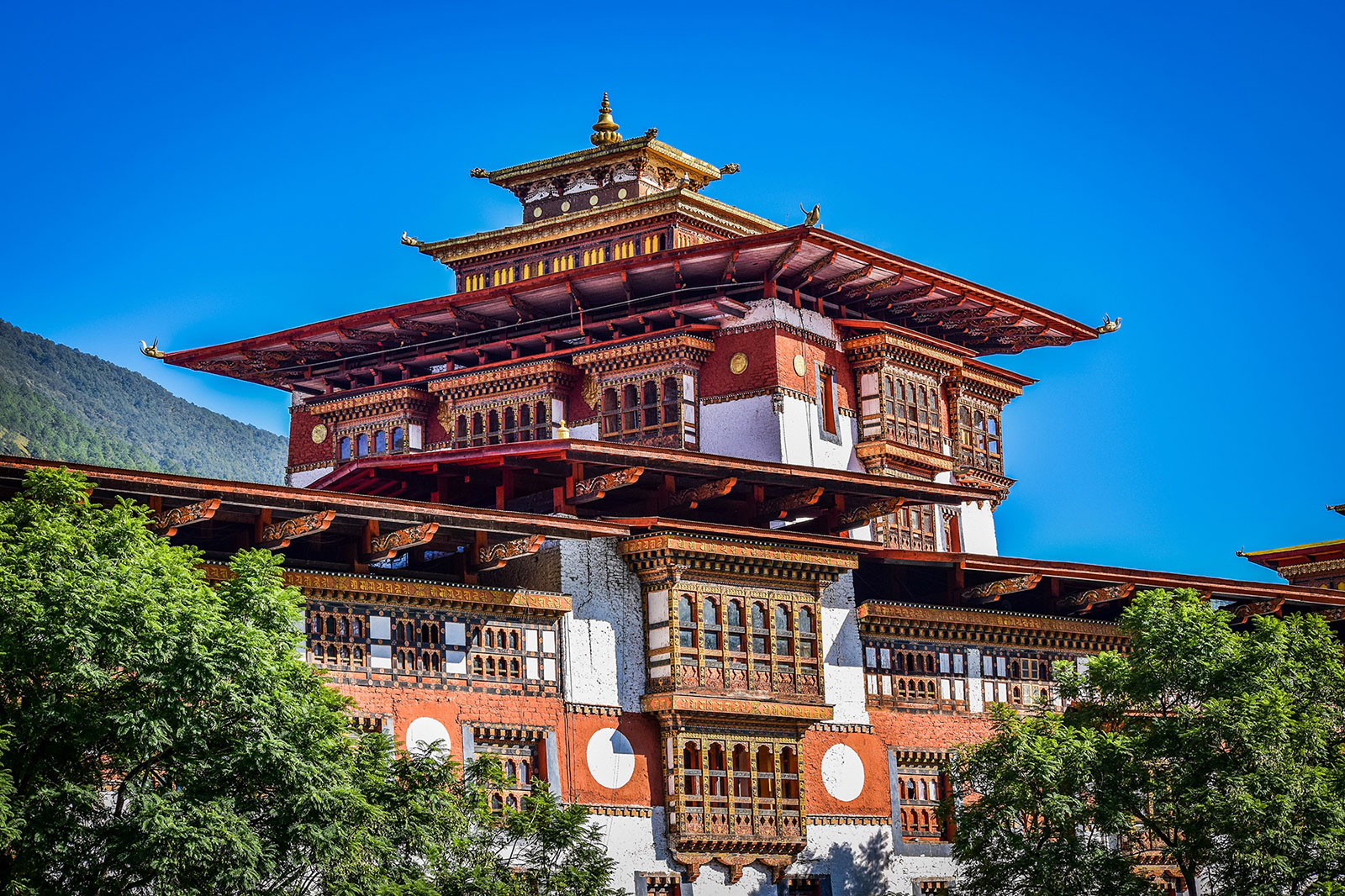Bhutan Traditional medicine Tour will give you an idea of Bhutanese traditional medicine or Sowa Rigpa as it is known dates as far back as the 17th century and to the time of Zhabdrung Nawang Namgyal. Since then, traditional medicine has developed independently of its Tibetan origins and although the basic texts used are the same, some differences in practice make it a tradition particular to the country. The specific knowledge and experience gained by the Bhutanese over the centuries are still very much alive in this medical tradition that originated in Tibet. The natural environment, with its exceptionally rich flora, also enabled the development of a pharmacopoeia of which there is no equivalent anywhere in the world. This ancient principle and practice of healing was passed on as an oral tradition to younger generation till the system was formalized in 1967 as an integral part of the national health care delivery system with the main aim of preserving and promoting this unique system of medical care.
From a single Indigenous Dispensary in 1967, the traditional medical service has grown rapidly over the years to cover the entire country. By 2001, traditional medicine units have been established in all 20 Districts. They are attached to the district hospitals in view of the national health policy of integration and are manned by a Drungtsho (Doctor) and a Menpa (Compounder).
At the national level we have the National Indigenous Hospital in Kawang Jangsa, Thimphu. A small-scale mechanised production unit was started in 1982 with WHO support. The Indigenous medicine unit was renamed as National Institute of Traditional Medicine in 1988 and a new Pharmaceutical and Research Unit commissioned in 1997. In view of the increased functions, the NITM has been upgraded as the Institute of Traditional Medicine Services in 1998. There are three units under the ITMS. Tourists can avail free medical services and also try out traditional medicines for ailments if any.









